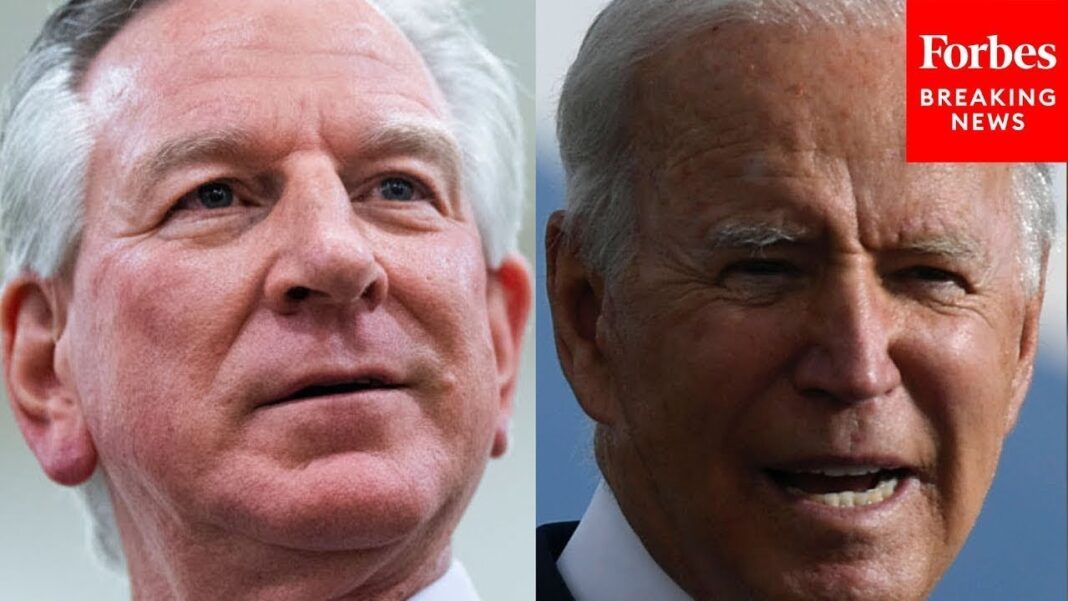
Unions are among the largest beneficiaries of President Joe Biden’s $3.5 trillion “Build Back Better” spending plan that has united Republican opposition while splitting Democrats in Congress during nearly round-the-clock negotiations seeking sufficient votes for the legislation’s approval.
Senate Majority Leader Chuck Schumer (D-N.Y.) must overcome opposition from two Democratic senators—Joe Manchin of West Virginia and Kyrsten Sinema of Arizona—who worry that approval of the largest spending bill in U.S. history will severely damage the economy.
In the House of Representatives, Speaker of the House Nancy Pelosi (D-Calif.) faces warring moderate and progressive factions, each of whom are threatening to sink the reconciliation measure if fundamental changes aren’t made. Every change, though, risks reducing support from one faction or the other.
Schumer must keep all of his 49 Democratic colleagues on board with the legislation and hope for help from the Republican side. Pelosi only has a razor-thin majority and can afford to lose no more than a handful of Democrats in the House.
The reconciliation package is full of provisions favored by labor unions, which are traditionally among the party’s most generous and reliable sources of contributions and campaign workers.
The pro-labor provisions are in the measure because, as American Federation of Teachers President Randi Weingarten recently told Politico, “labor helped craft it.” A spokesman for Weingarten didn’t respond to a request for additional comment by press time.
But long-time labor-management analyst James Sherk of the Institute for the American Worker, in an analysis released earlier this week, pointed to eight provisions of the reconciliation measure that he believes “will severely undermine worker freedom.”
Sherk, who was President Donald Trump’s chief labor policy adviser for nearly four years, wrote in the analysis that the legislation would “push” laborers into joining unions.
“There is nothing wrong with higher union membership when workers freely choose it,” he wrote. “Federal law gives private-sector workers the right to join a union or refrain from doing so.






